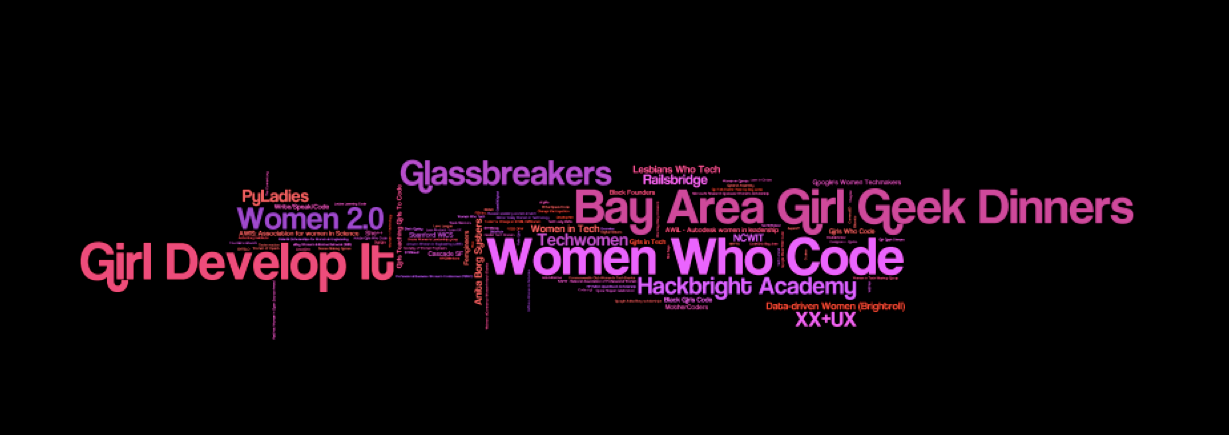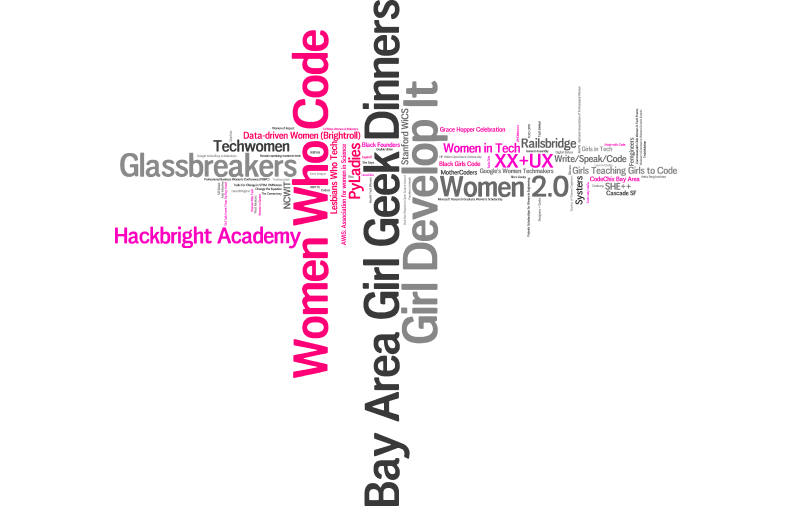- "Thinking about Hillary: A Plea for Reason" by Michael Arnovitz, posted by a Facebook friend via DailyKos. Also on Medium. "...the one thing that seems to most negatively and consistently affect public perception of Hillary is any attempt by her to seek power. Once she actually has that power her polls go up again. But whenever she asks for it her numbers drop like a manhole cover."
- "She responds brilliantly, he regrets it." Another from a facebook friend, this one about a woman rebutting a sexual harasser online. Sadly, despite the gleeful title, it's clear he does not actually regret it. He blames her instead.
- "Feeling Sad About Tragedy". My young daughter's role model, youtube math goddess Vi Hart, posting about the massacre in Orlando, and on trying to navigate the dangers of being a visible, successful woman on the internet.
- Kathy Sierra's 2014 Wired article (reposted to Systers listserv), "Trouble at the KoolAid Point" on harassment of successful women, and on widespread tech community support for that harassment. Hit close to home. Recent memories, though from a non-tech context. Really shook me.
Does success require navigating situations like these?






















